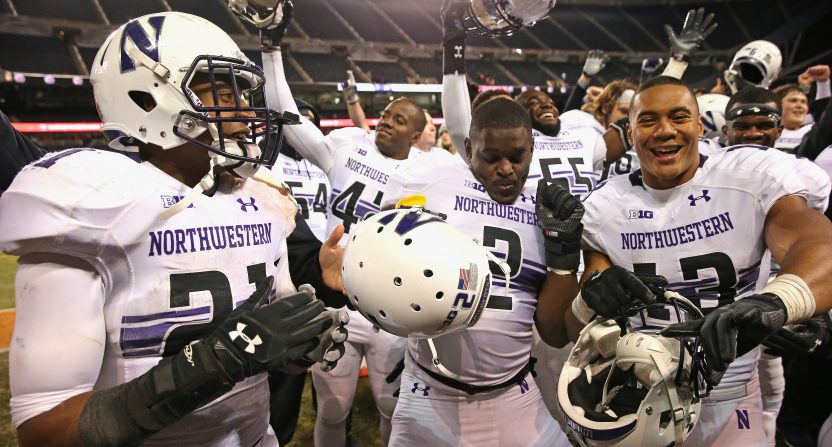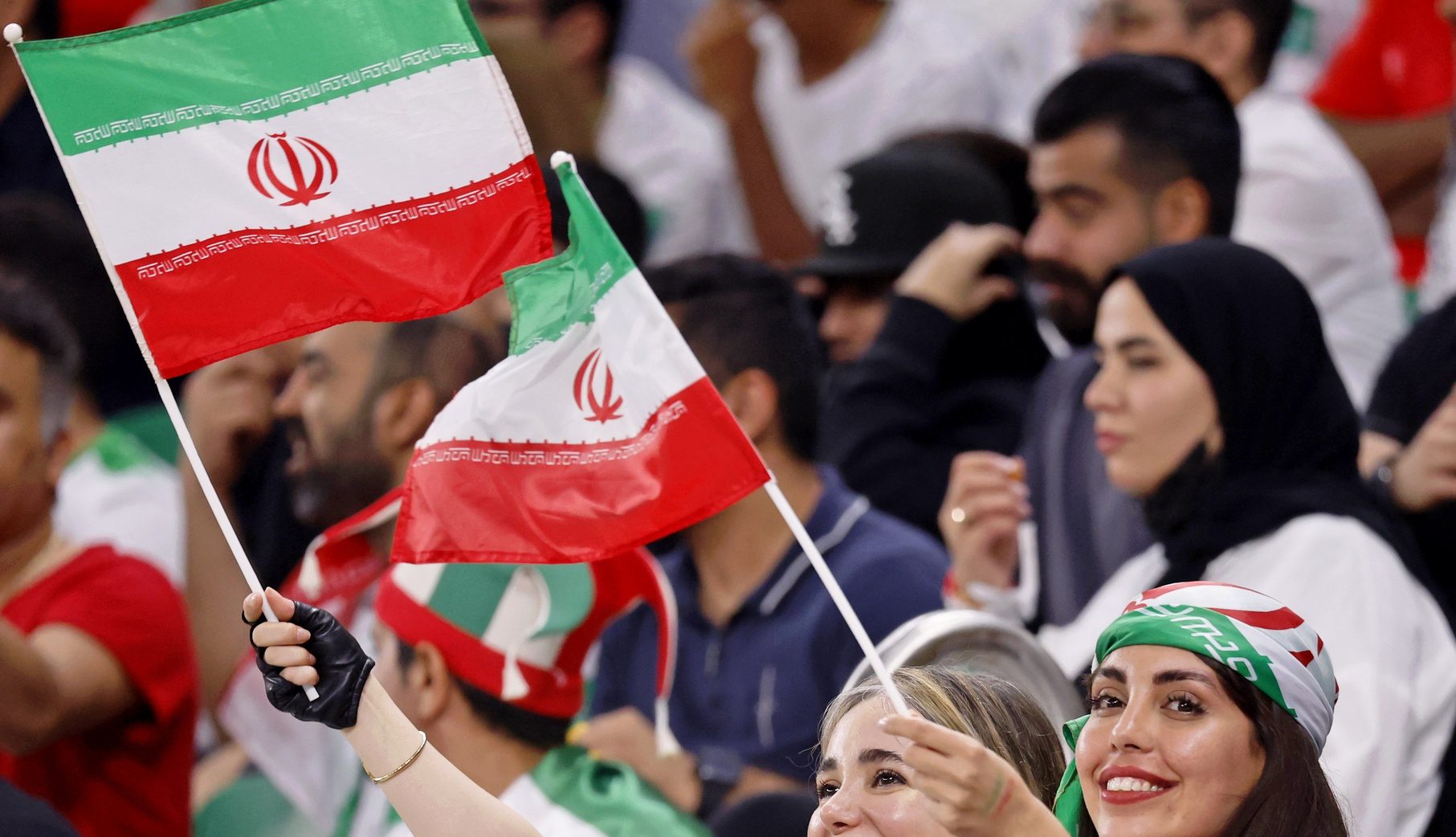The National Labor Relations Board struck a big blow for college athletes on Wednesday. Well, not for all college athletes. But the ruling could ignite a big change, particularly in college football, where the debate over whether or not to pay athletes has been consistently argued.
According to a memorandum sent from the NLRB’s general counsel, Richard F. Griffin, to the board’s regional directors, college football players at private universities playing at the Division I level are considered employees. As such, those players are entitled to call for improved working conditions, which would include asking to be paid, and are protected under the law. Within the NCAA’s Football Bowl Subdivision (FBS), 17 schools are considered private colleges and universities, including institutions such as Northwestern, Notre Dame, USC and Stanford. (The NLRB has no authority over public institutions.)
The memo comes nearly two years after the NLRB decided not to exert jurisdiction on whether or not Northwestern football players could form a union. Without the NLRB, the players could not unionize and collectively bargain. It’s important to note that Griffin’s memo does not reverse that ruling, nor is it considered any sort of legal decision. However, Ramogi Huma, executive director of the National College Players Association, and led the Northwestern players’ effort to unionize, believes the memo “brings college athletes one step closer to justice.”
“It’s definitely historic,” Huma said. “By declaring that these athletes are employees, the general counsel is saying that his office is committed to protecting college athletes’ employee rights under the labor laws, and I think that can’t be understated. It’s what the players at Northwestern set in motion, and this is a major milestone.”
At the time, Northwestern players seeking to unionize stated that they sought collective bargaining for increased scholarships and coverage for sports-related medical expenses, minimized risk of traumatic brain injury by reducing contact in practice, an educational trust fund to improve graduation rates, and securing due process rights.
As you might expect, the NCAA doesn’t believe the NLRB memo has any legal consequence. The institution’s chief legal officer, Donald Remy, issued the following statement (via the New York Times):
“The general counsel’s memo and personal opinion do not reflect a binding position of the N.L.R.B. As we have stated before and he was obligated to acknowledge, the N.L.R.B. previously decided that it would not exercise jurisdiction regarding the employment context of student-athletes and their schools. The general counsel’s memo does not change that decision and does not allow student-athletes to unionize.”
The NYT‘s Ben Strauss points out in his article that Griffin’s ruling may soon not matter and this apparent victory could be short-lived. Griffin was appointed to his post by President Barack Obama, and his term ends in November. After that, President Donald Trump will appoint Griffin’s successor and the NLRB’s next general counsel — along with its five-member board — will likely be less inclined to show sympathy to organized labor.
In addition to the four schools mentioned above, other private colleges and universities playing football at the FBS level are Baylor, Boston College, BYU, Duke, Miami, Rice, SMU, Syracuse, TCU, Tulane, Tulsa, Vanderbilt and Wake Forest.







